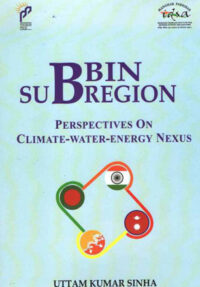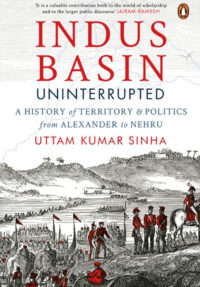The Iran–Pakistan–India Natural Gas Pipeline: Implications and Challenges for Regional Security
This research article examines the rationale for Iran, Pakistan, and India entering into a trade agreement to meet their economic, political, and strategic needs as well as the constraints and challenges that still hamper such an agreement from realizing its full potential. Using the gas pipeline project as a case study, the issues of energy security (as the independent variable) and of economic interdependence (as the dependent variable) highlight the importance of cooperation among these countries.
- Anjali Sahay , Jalil Roshandel
- January 2010











